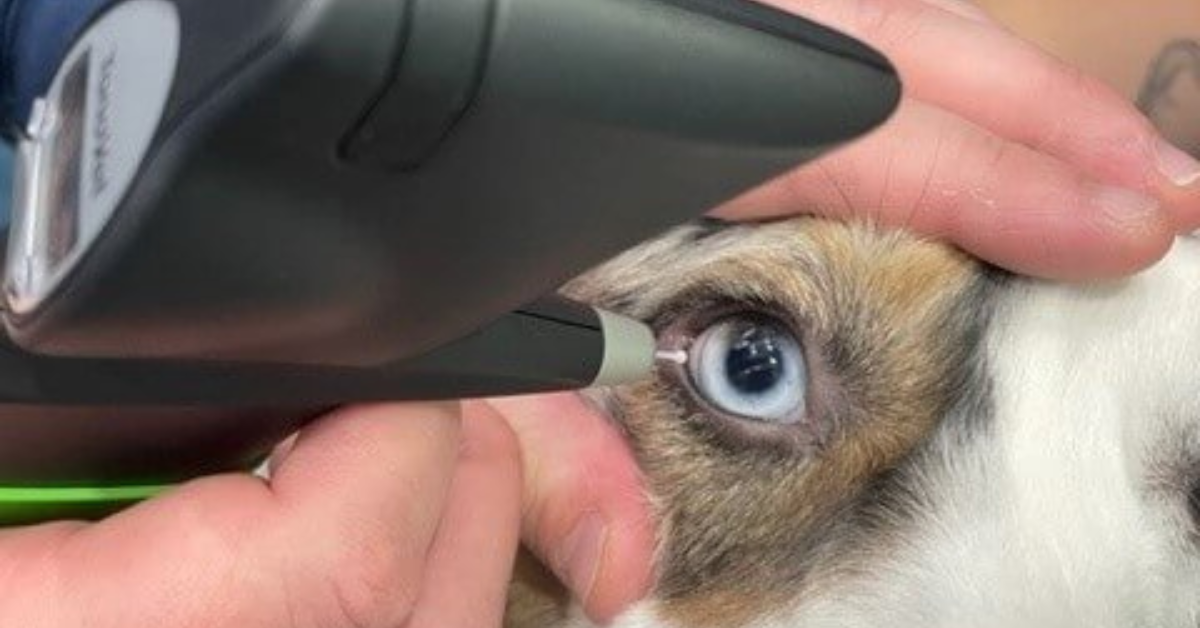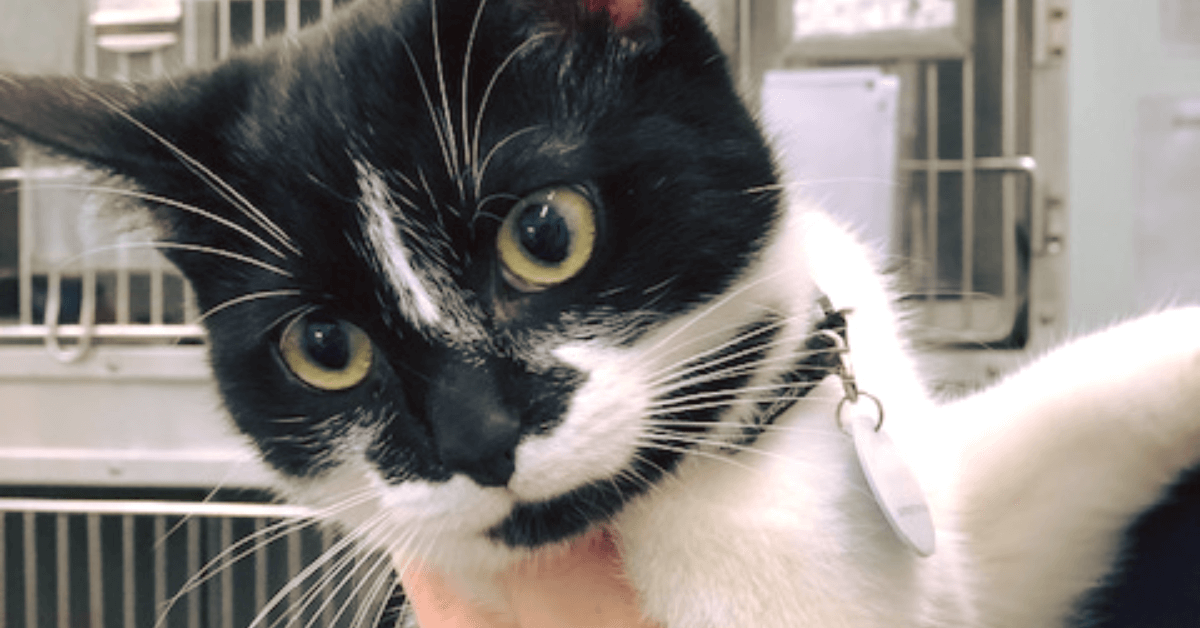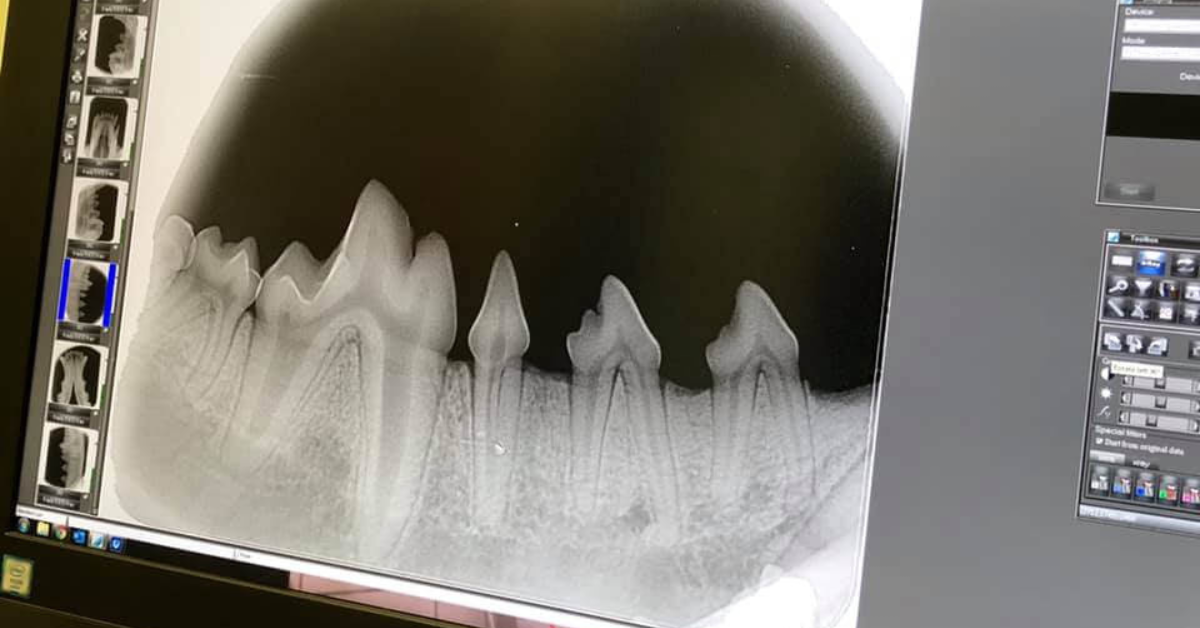LOWER URINARY TRACT DISEASE IN CATS
Lower Urinary Tract Disease (LUTD) in cats refers to a group of conditions that affect the bladder and urethra, the tubes responsible for carrying urine from the bladder to the outside of the body. These conditions can cause discomfort, pain, and complications for affected felines, making it essential to seek prompt veterinary attention for proper diagnosis and treatment.
Common causes of Lower Urinary Tract Disease in cats include:
-
Feline Idiopathic Cystitis (FIC): FIC is the most common cause of LUTD, accounting for approximately 60-70% of cases. The exact cause of FIC remains unknown, but it is believed that stress and environmental factors may play a role in its development.
-
Urolithiasis: This condition involves the formation of stones or crystals in the urinary tract, which can cause irritation, inflammation, and even obstruction. The most common types of urinary stones in cats are struvite and calcium oxalate.
-
Urinary tract infections (UTIs): Although less common in cats compared to dogs, UTIs can still cause LUTD in felines. Bacterial infections are often the culprits, but fungi or viruses may also be responsible.
-
Anatomical abnormalities: Congenital or acquired abnormalities in the urinary tract, such as strictures or diverticula, can lead to LUTD in cats.
-
Neoplasia: Tumours, both benign and malignant, can develop in the lower urinary tract and contribute to LUTD.
Symptoms of Lower Urinary Tract Disease in cats may include:
- Frequent urination or straining to urinate
- Producing only small amounts of urine or no urine at all
- Blood in the urine (hematuria)
- Crying or vocalising during urination
- Licking the genital area excessively
- Urinating outside the litter box
- Changes in behaviour, such as hiding or increased aggression
Diagnosis of LUTD in cats typically involves a thorough physical examination, a complete history, and diagnostic tests such as urinalysis, blood tests, and imaging studies like X-rays or ultrasounds. The specific tests conducted will depend on the suspected cause of the condition.
Treatment options for Lower Urinary Tract Disease in cats vary depending on the underlying cause. For Feline Idiopathic Cystitis, treatment may involve addressing stress factors, providing environmental enrichment, and ensuring proper hydration. Urolithiasis may be treated with dietary modification, increased water intake, or, in some cases, surgical removal of the stones. Urinary tract infections typically require antibiotic treatment. Anatomical abnormalities or neoplasia may necessitate surgical intervention or other specific treatments, such as chemotherapy or radiation therapy.
Preventing LUTD in cats involves providing a stress-free environment, ensuring adequate hydration, maintaining a balanced diet, and scheduling regular check-ups at Concord Veterinary Hospital for early detection and treatment of any underlying issues.
OUR OTHER SERVICES
How Can We Help Your Pet
Explore Our Veterinary Care Services











